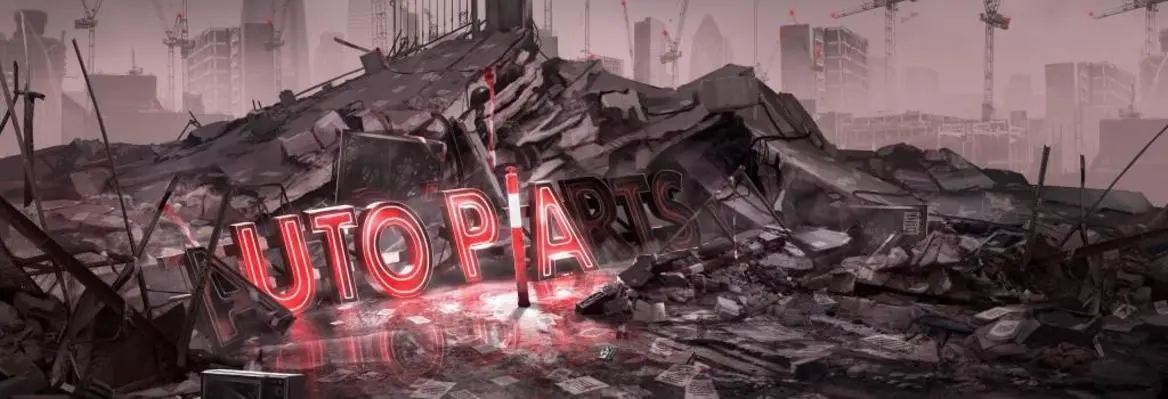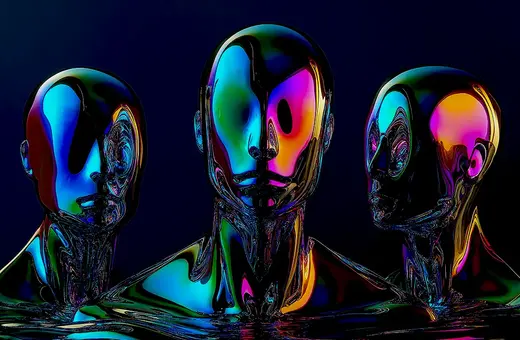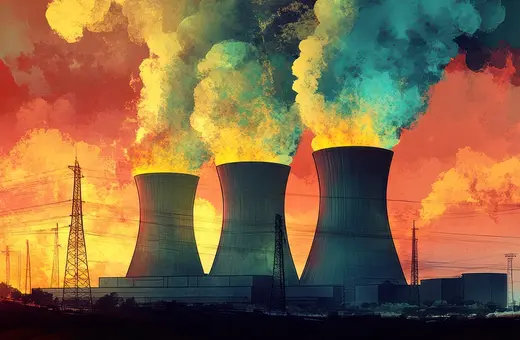Ten years ago I quit my job, sold my house, and used the proceeds to set up a post-apocalyptic commune in the Scottish Highlands. We would try to live as if we had survived the collapse of modern civilisation. We would re-learn skills that had been largely forgotten in industrial economies – growing and catching our own food, building our own accommodation, and making everything else we needed to survive. Although the post-apocalyptic narrative was very pessimistic, the commune itself would be quite the opposite.It would be a phoenix arising from the ashes of civilisation, a return to a simpler way of life free of the many problems of modernity. It would be a kind of utopia.
Needless to say, it didn’t quite work out that way. In fact, things got so bad that I ended up in a psychiatric hospital for a month. I have told this story in detail in The Utopia Experiment (Picador, 2015), so I won’t repeat myself here. Instead, I’ll tell you what I gained from this unusual experience, and how it still affects the way I view the world today.
One thing I gained, strangely enough, was a renewed appreciation for globalisation. The tangled web of global interconnections in today’s world can lead many people to feel a sense of helplessness. The idea that modern civilization might soon collapse only makes our mutual interdependence more worrying. My experiment was, like many other communes, a naïve quest to regain the self-sufficiency that our ancestors lost as soon as they settled down and started farming and trading. My failure led me to reassess my urge for independence. I realised that interdependence might actually be a good thing. These global ties bind us together.
Even more strangely, I became less worried about the unsustainability of our technological lifestyle. I came to realise that sustainability is, in fact, just as much of an illusion as self-sufficiency. Nothing is truly sustainable, in the sense of potentially lasting for ever. Everything runs out in the end. It’s just a question of time.
___
"I came to realise that sustainability is just as much of an illusion as self-sufficiency"
___



















Join the conversation